Adapt Now: climate change and small-scale Farmers – Episode 25
IFAD Asset Request Portlet
Asset Publisher
Adapt Now: climate change and small-scale Farmers – Episode 25
25 October 2021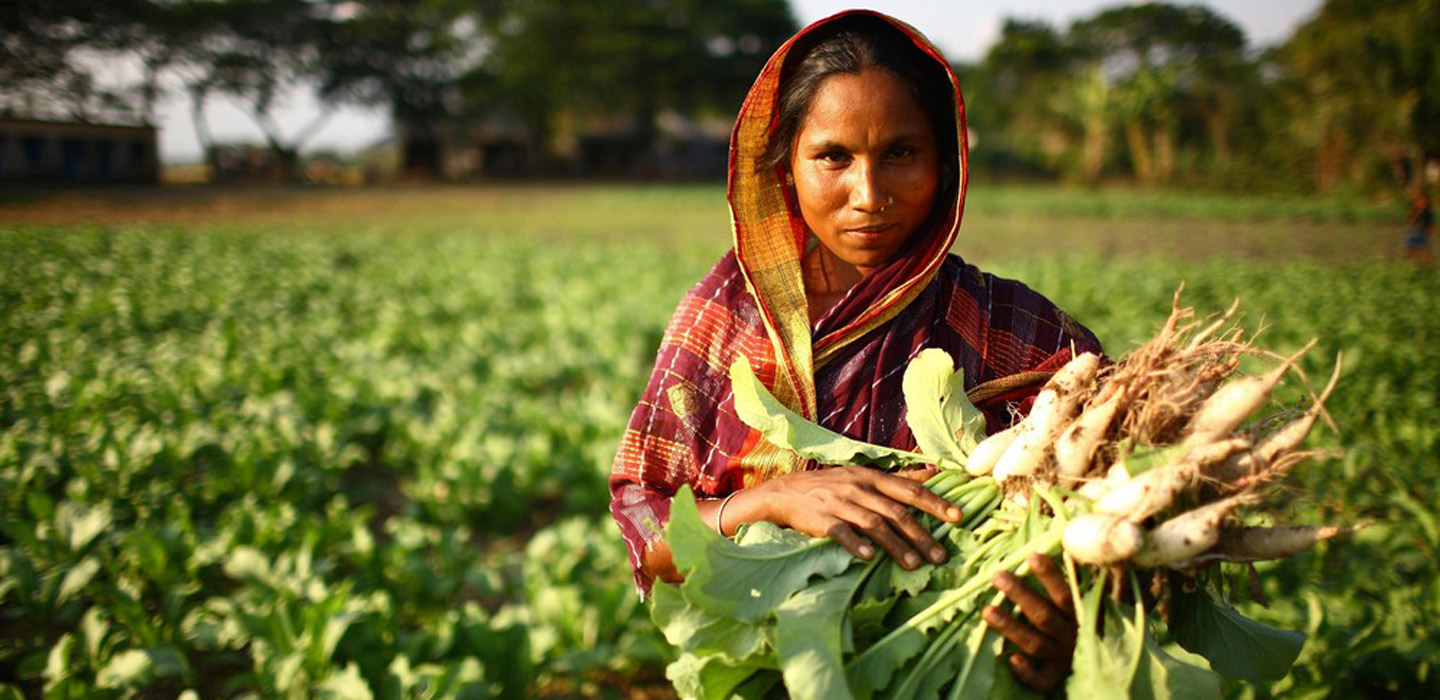
This month’s episode is all about the connections between small-scale farming and climate change as we approach the UN Climate Summit, or COP26, to be held in Glasgow. First, we speak with Simon Wilson of the Green Climate Fund. Then, our own Dr Jo Puri, a climate scientist and Associate Vice-President for IFAD, shares her hopes for COP26. We also have the latest on a new report on crops and climate change from the University of Cape Town. And IFAD’s President Gilbert Houngbo and Raj Kumar of Devex discuss the findings in IFAD’s Rural Development Report.
We also have news fresh from the farm in Kyrgyzstan and Georgia, where they’re already adapting to climate impacts. Then, we talk all things indigenous peoples and climate change with Tunda Lepore. We’re also joined by Danielle Nierenberg, co-founder and president of Food Tank. And finally, Jo Puri joins us again with recommendations on the best ways to design a climate finance project.
Episode contents
- Looking forward to COP26 with the GCF’s Simon Wilson
- Gilbert Houngbo on the latest Rural Development Report
- Dr Jo Puri on IFAD’s hopes for COP26
- Paxina Chileshe reports on climate risks in East and Southern Africa
- Tunda Lepore on preserving indigenous traditions
- Climate adaptation progress in Georgia, with IFAD’s Renaud Colmant
- Oliver Mundy on managing livestock-based greenhouse gas emissions in Kyrgyzstan
- Food Tank’s balanced perspective on food distribution, with Danielle Nierenberg
- Jo Puri on designing better climate finance projects
- Summing Up
Looking forward to COP26 with the GCF’s Simon Wilson
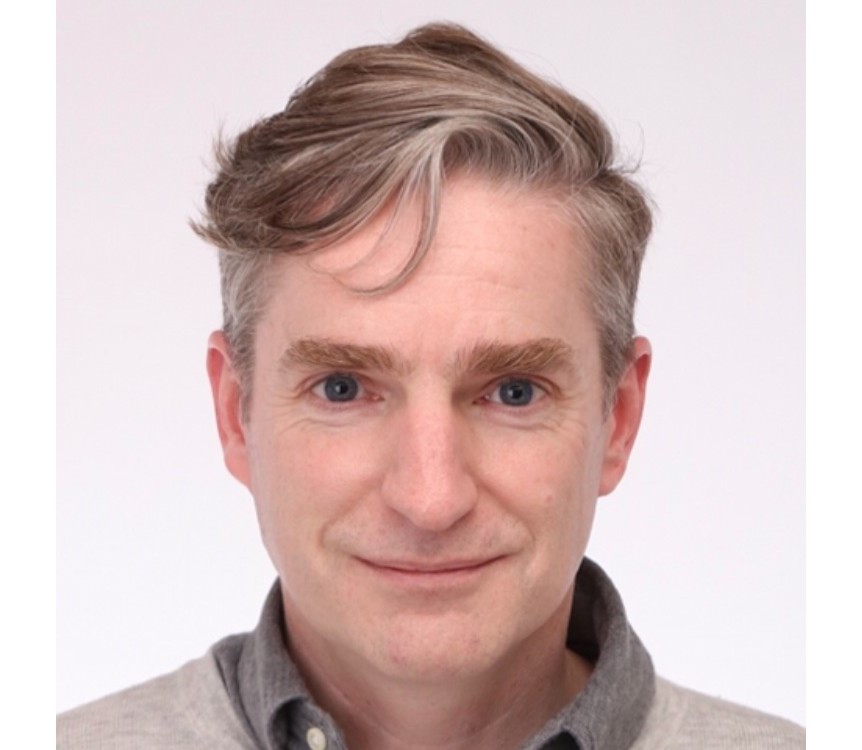 |
| Simon Wilson, Head of Communications for the Green Climate Fund |
The Green Climate Fund (GCF) was established in 2010 to provide climate finance for developing countries. Since then, it’s helped many nations realize their goals of lowering their emissions and becoming more climate-resilient.
With a portfolio of US$9 billion, it’s currently the world’s largest climate fund.
We caught up with Simon Wilson, Head of Communications for the GCF, to hear more about the Fund’s expectations for COP26.
Gilbert Houngbo on the latest Rural Development Report
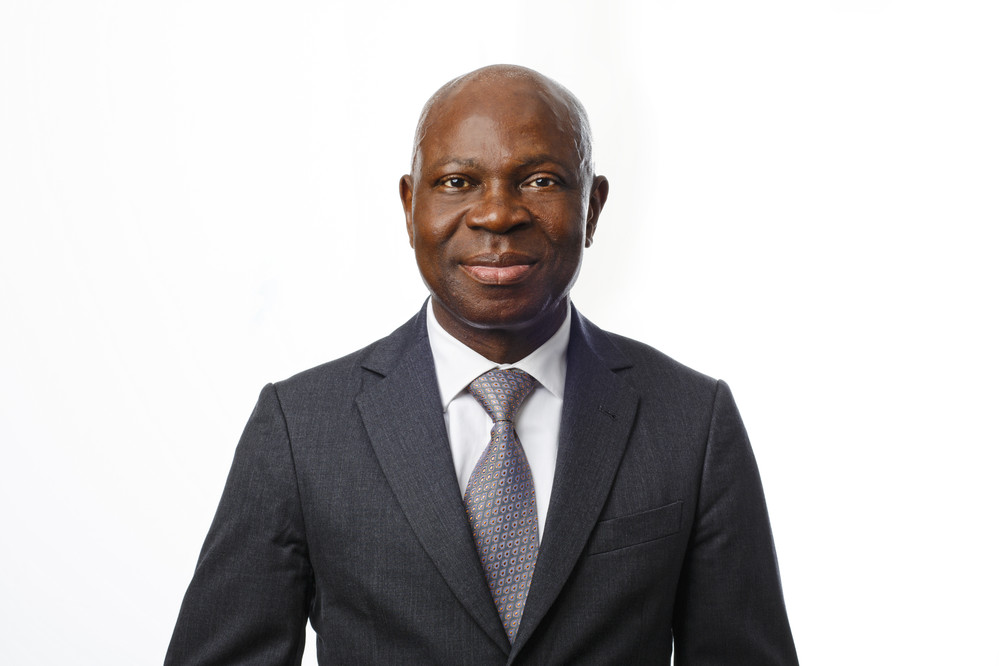 |
| Gilbert Houngbo, President of IFAD |
This year's Rural Development Report, produced by IFAD and Wageningen University & Research, is all about transforming food systems for rural prosperity.
Gilbert Houngbo, President of IFAD, recently sat down with Raj Kumar, Editor in Chief of the news agency Devex, to discuss the report. Their conversation focused on identifying the key actions needed to make nutritious food affordable and available, and on determining what’s needed to ensure sustainable livelihoods for farmers in low- and middle-income countries.
This segment features an excerpt from their conversation.
Dr Jo Puri on IFAD’s hopes for COP26
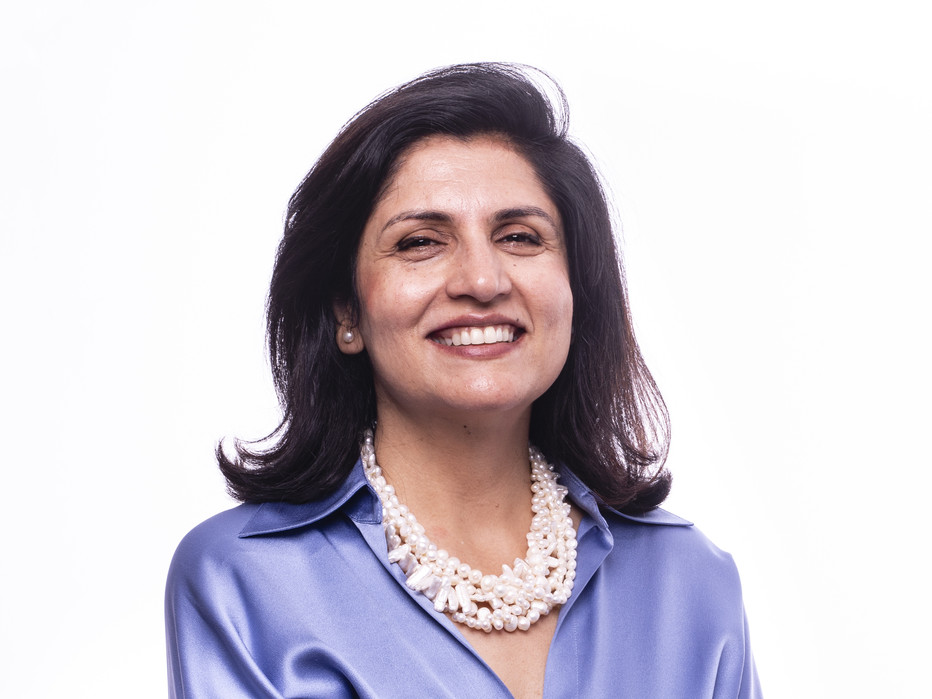 |
| Jo Puri, Associate Vice-President of IFAD |
The 26th Conference on the UN Framework Convention on Climate Change – also known as COP26 – will take place in Glasgow during the first two weeks of November. As the biggest climate conference since the Paris Accords, its focus is on building resilience, lowering emissions, and encouraging its members to set and reach ambitious climate goals.
We spoke with climate scientist Dr Jo Puri – who’s also an Associate Vice-President of IFAD – on what she wants IFAD to bring to the table at COP26 and what she hopes will be accomplished.
Paxina Chileshe reports on climate risks in East and Southern Africa
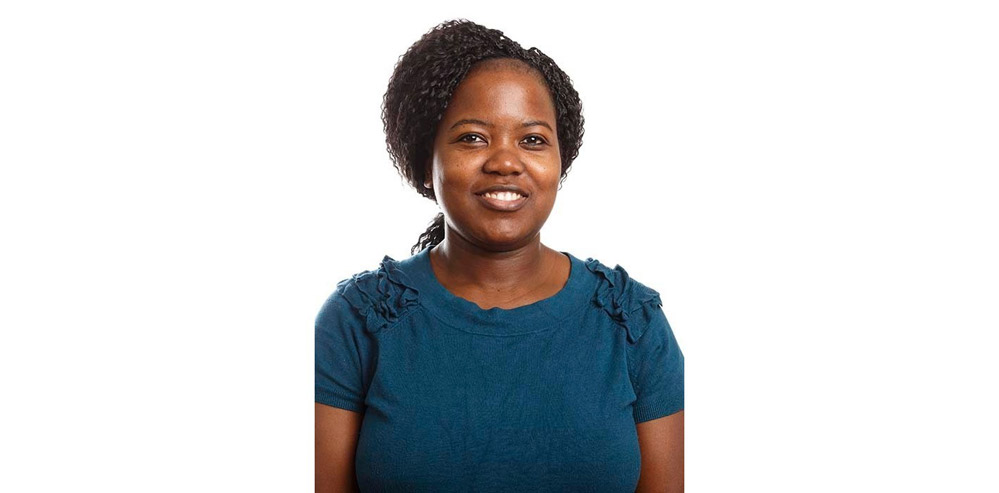 |
| Paxina Chileshe, Regional Climate and Environment Specialist for IFAD |
The lives and livelihoods of small-scale farmers are among the most vulnerable to the effects of climate change.
As a way to help farmers in East and Southern Africa (ESA), IFAD and the University of Cape Town have released a series of reports containing key insights for crop farming in the region’s changing climate.
Paxina Chileshe, IFAD’s climate and environment specialist for the region, stopped by to discuss the broad trends in ESA’s shifting weather patterns and the main areas of concern.
Tunda Lepore on preserving indigenous traditions
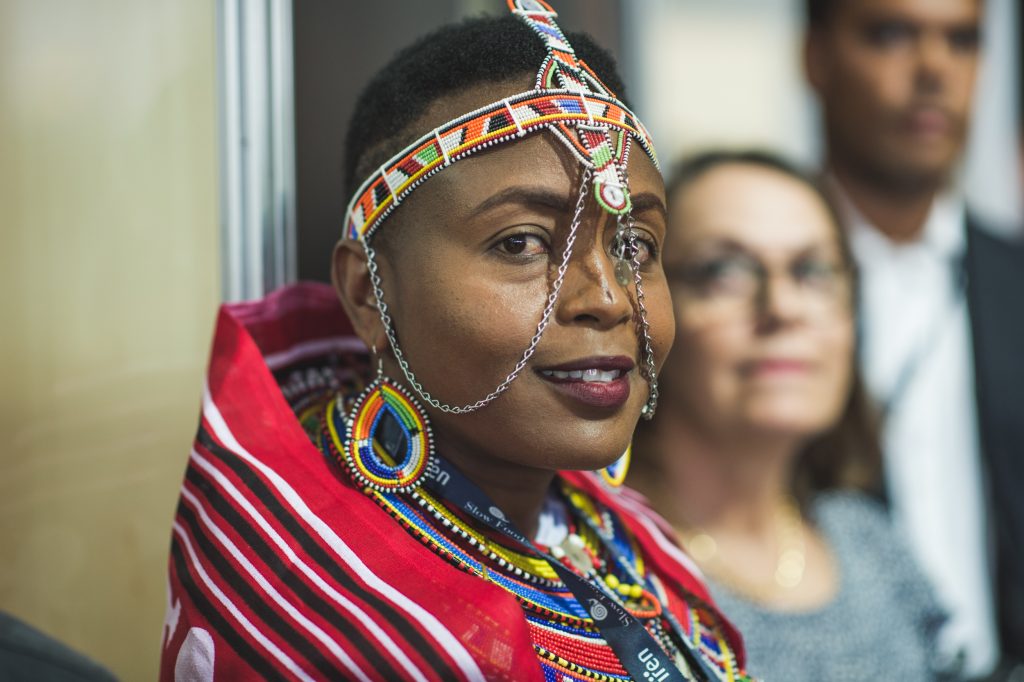 |
| Tunda Lepore, youth member of IFAD’s Indigenous Peoples’ Forum |
Tunda Lepore represents the Maasai peoples of Kenya as a youth member of IFAD’s Indigenous Peoples’ Forum. She’s a tireless advocate for the preservation of positive cultural practices and for the rights of her people to access land and natural resources.
Currently, she’s working with the Slow Food Foundation to protect the Red Maasai, a local breed of sheep.
She recently spoke with us on the importance of protecting traditional indigenous practices from the effects of climate change.
Climate adaptation progress in Georgia, with IFAD’s Renaud Colmant
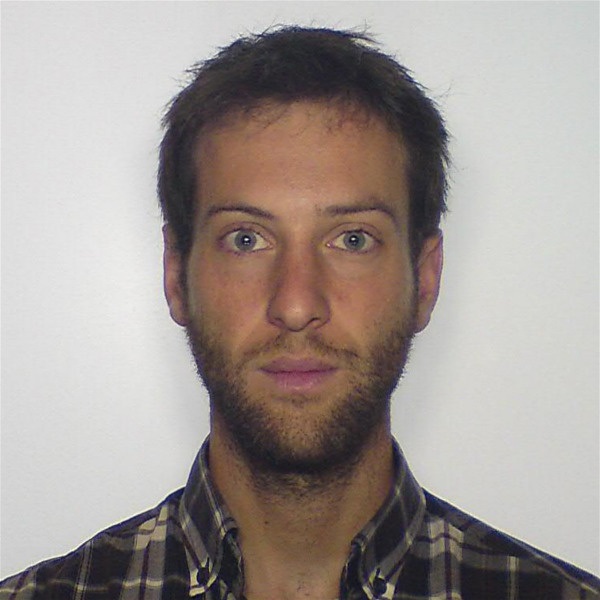 |
| Renaud Colmant, Officer for IFAD’s NEN Division |
In recent years, Georgian small-scale farmers have suffered the consequences of bad soil, strong winds and high temperatures caused by climate change. Ultimately, these factors lead to big production losses and significant threats to food security.
But it’s possible to mitigate these effects with the use of new climate-smart agricultural techniques. Thanks to projects like AMMAR, Georgian farmers now have the tools they need to adapt to a changing climate.
IFAD’s Renaud Colmant explains how AMMAR and other IFAD-supported projects address challenges like poor soil and desertification.
Oliver Mundy on managing livestock-based greenhouse gas emissions in Kyrgyzstan
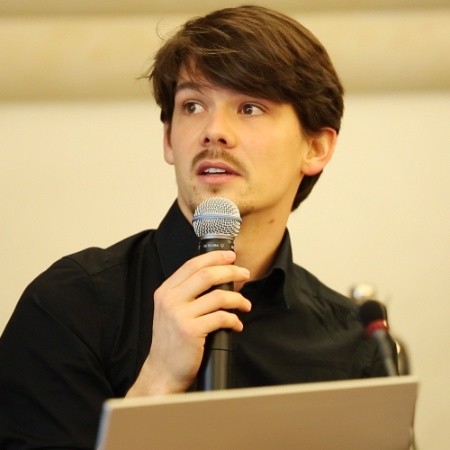 |
| Oliver Mundy, Environment and Climate Consultant for IFAD |
In Kyrgyzstan, where over half the country’s entire land area is pastureland, livestock rearing is a bedrock of the economy.
Though livestock-based food systems do produce greenhouse gas emissions, they can actually be climate-friendly if managed correctly. IFAD currently has several projects devoted to helping livestock farmers make their operations sustainable and resilient.
Projects like these rely heavily on monitoring tools that can track fluctuations in livestock-based emissions and model future scenarios. One of these, the Global Livestock Environmental Assessment Model (GLEAM), has proven invaluable in the fight against climate change.
IFAD’s Oliver Mundy sat down with us to discuss how GLEAM is helping IFAD and government officials set climate objectives in Kyrgyzstan.
Food Tank’s balanced perspective on food distribution, with Danielle Nierenberg
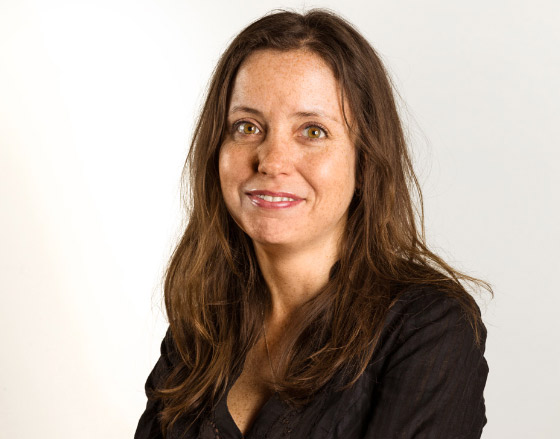 |
| Danielle Nierenberg, co-founder and President of Food Tank |
Some people don’t have enough food, while others are eating too much. There’s only one way to fix this problem, according to the people at Food Tank – and it starts with you and me.
Food Tank offers solutions and environmentally sustainable ways of alleviating hunger, obesity, and poverty by creating a network of connections and information for all of us to share.
It also provides ways for farmers and producers to collaborate on providing sustainable solutions for our most pressing environmental and social problems.
Danielle Nierenberg, co-founder and President of Food Tank, offers her valuable perspective and shares how Food Tanks sets out to do all this.
Jo Puri on designing better climate finance projects
Climate change affects small-scale farmers in many ways – droughts, high temperatures, and floods, to name just a few.
That’s why, when designing a climate project, it’s crucial to adapt it to the existing problems – and that means targeting the most vulnerable areas.
Jo Puri, Associate Vice-President for IFAD, recently appeared on the E Co. Sound Bites podcast, where she gave some recommendations on how to design a better climate finance project. We’ve got an excerpt here.
Summing Up
Thanks to our producer Francesco Manetti, our colleagues at Devex and E Co. Sound Bites, and everyone else who’s worked on this programme.
But most of all, thanks to you for listening to this episode of Farms. Food. Future., brought to you by the International Fund for Agricultural Development.
Coming up in December, we’ve got a special edition on the blue economy in East and Southern Africa.
Remember we want to hear from you – what you think about our stories and issues discussed, and who you want us to be talking to – so please get in touch at [email protected].
Send us your voice or text messages to that address and we’ll be happy to play you out in the next show.
Also, don’t forget to subscribe to this podcast via your favourite podcast platform – and please rate us!
We’ll be back soon with more news fresh from the farm.
And once again, we’ll be trying to be Good for You, Good for the Planet and Good for the Farmers.